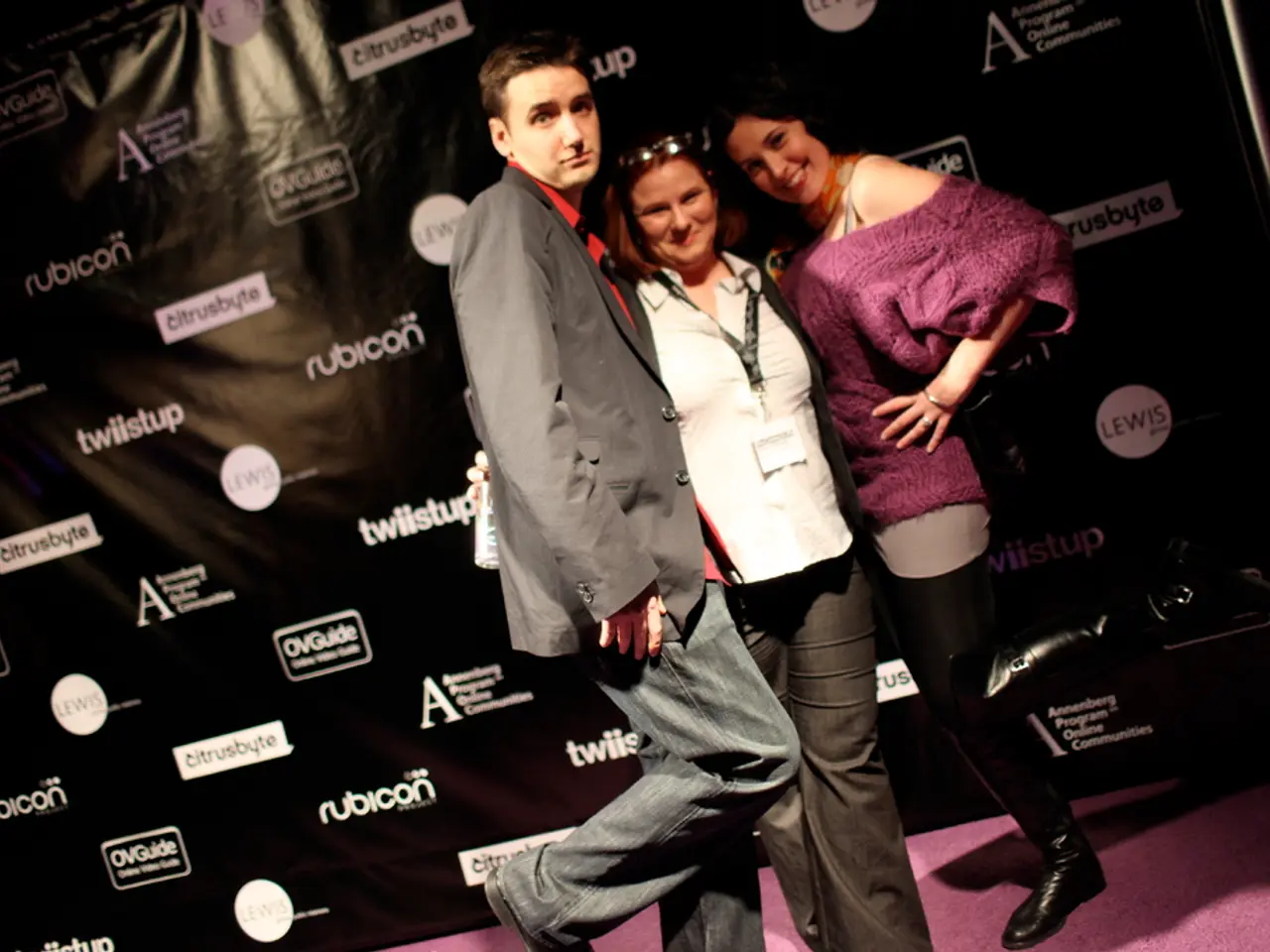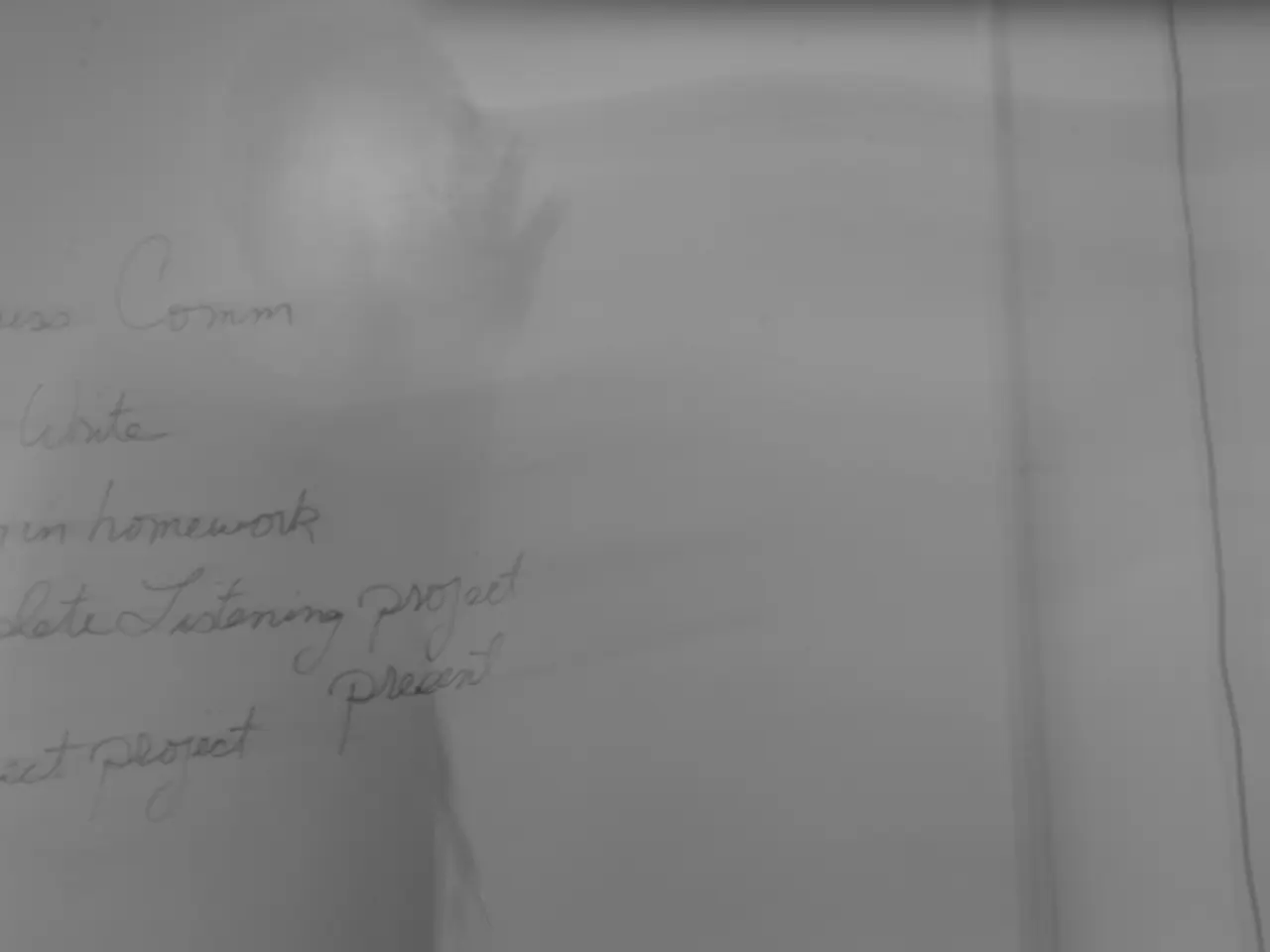Companies are shifting their marketing strategy from product integration in media to real-life collaborations
In today's dynamic media landscape, the relationship between brands and films is undergoing a significant transformation. Gone are the days when product placement meant simply placing a brand's product in front of a camera. Now, brands are partnering with films in innovative ways that offer consumers more than just passive exposure.
One such partnership that showcases this shift is the collaboration between Pearl & Dean and Boots, which saw a 'Mega Minions makeover' for Boots' Soltan range in the campaign for Despicable Me 4. This partnership not only allowed Boots to become a part of the cultural conversation surrounding the film's release but also encouraged families to take care of their skin over the summer holidays.
Another example is the partnership brokered by Pearl & Dean between Everyman and Jaguar, resulting in a special immersive event and screening of Babylon (2022). This collaboration featured dancers, acrobats, showgirls, and live performances, offering attendees a unique and engaging experience.
High-impact product placements alone may no longer be enough for brands to stand out. They need to become more innovative in their partnerships and explore new strategies to engage their audiences. These campaigns get closer to the consumer and engage them in fun, playful ways, ultimately resonating more personally and targeting different audiences and regions.
Brands are increasingly seeing the value in extending a partnership beyond product placements. For instance, Fanta partnered with the movie Beetlejuice Beetlejuice (2024) to create limited-edition Fanta cans using various flavours related to the various characters.
However, brands need to balance product placement carefully so it doesn't feel forced or intrusive. Consumers have become more aware of these tactics and hyper-sensitive to 'in-yer-face' advertising.
The future for meaningful partnerships lies in developing intrinsic, experiential relationships which offer consumers more than just passive exposure from a cinema or living room. People don't want to sit back and be told what to do anymore; they want to be a part of the experience.
This evolution reflects broader industry trends toward digital integration, personalized advertising, and leveraging multiple platforms for storytelling and commerce. Key current trends include narrative and thematic integration, multi-platform campaigns, the use of influencers and social media, technology and interactive elements, and a focus on creative quality and emotional connection.
These strategies aim to create a more immersive, integrated, and multi-platform approach that aligns closely with storytelling and audience engagement. For example, Invisalign's collaboration with the 2025 film "Freakier Friday" aligns with themes of self-expression and confidence, extending beyond simple product shots to co-branded campaigns, influencer involvement, and immersive storytelling.
Moreover, product placement can result in increased sales for the brand. As seen in the +340% surge in sales of Birkenstock sandals after their appearance in last year's hit Barbie (2023).
In conclusion, the landscape of film and media has dramatically shifted, and product placement is no longer the star of the show - it's just a supporting character. Brands are leveraging these partnerships to become a part of the cultural conversation, engage audiences in unique and personal ways, and drive sales through innovative strategies.
- Brands are partnering with films beyond traditional product placements, as demonstrated by the collaboration between Boots and Pearl & Dean for Despicable Me 4, where Soltan products received a Mega Minions makeover.
- High-impact product placements are no longer sufficient for brands to stand out, and they are exploring new strategies for engaging audiences by forming partnerships that offer more than passive exposure, like the partnership between Everyman and Jaguar for a special Babylon screening.
- Fanta partnered with Beetlejuice Beetlejuice (2024) to create limited-edition flavored Fanta cans, showcasing brands seeking value in extending partnerships beyond product placements.
- Brands like Invisalign, co-branding with Freaky Friday (2025), are aligning themselves with themes such as self-expression and confidence, furthering the trend of immersive, integrated, and multi-platform campaigns that prioritize creative quality and emotional connection.




